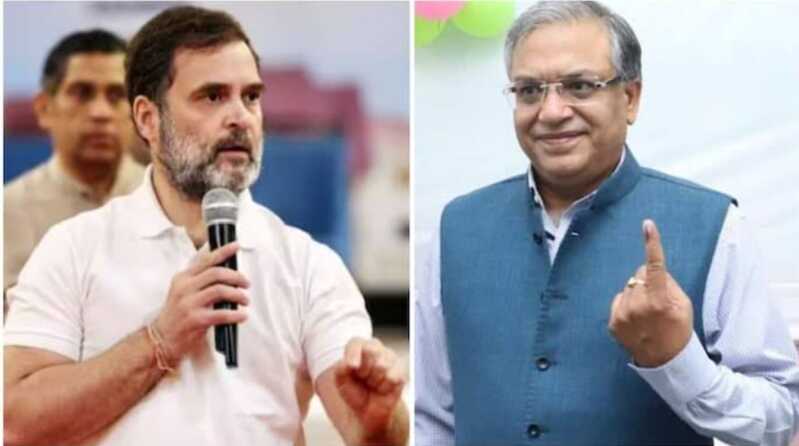Article Today, New Delhi:
The Election Commission of India (ECI), staffed by senior IAS officers, projects an image of professionalism and constitutional authority. Yet, opposition leaders allege that behind the formal speeches and official suits lie questionable practices. Critics claim the commission has bowed to political pressure and compromised its independence. They accuse some officials of aiding ruling parties by deleting genuine votes and adding fraudulent ones, undermining the credibility of India’s democracy.
Rahul Gandhi’s Sharp Attack
Congress leader Rahul Gandhi has intensified his criticism of the ECI after the recent Lok Sabha elections. He alleged that the commission colluded with the BJP to manipulate results. According to him, votes were stolen and electoral outcomes were pushed in favour of the ruling party despite visible anti-incumbency. He cited not only the parliamentary results but also the outcomes of the Haryana and Maharashtra assembly polls, calling them “suspicious” and part of an organised subversion of democracy.
Ten Questions to the Election Commission
Rahul Gandhi framed his allegations through ten pointed questions. He questioned the prolonged election schedule, discrepancies in voter lists, sudden spikes in voter turnout, and the destruction of CCTV footage within 45 days of polling. He accused the commission of refusing to share digital voter rolls, allowing duplicate voter registrations, ignoring false addresses, and permitting multiple voters to be registered under the same address. He also alleged misuse of Form 6 for registering fake voters and claimed that in the 2024 Lok Sabha elections, the BJP’s narrow victories in 25 constituencies were achieved through such fraudulent practices.
Demand for Accountability
The ECI responded to the allegations only through a formal statement, without holding a press conference. This limited reaction drew criticism from legal experts and political observers. Senior lawyers have called the charges “extremely serious” and said the commission has a constitutional duty to address each point raised. They argue that if even part of Rahul Gandhi’s claims are correct, immediate corrective measures are necessary to protect electoral integrity. The ECI’s silence, they warn, risks eroding public trust in the democratic process.



